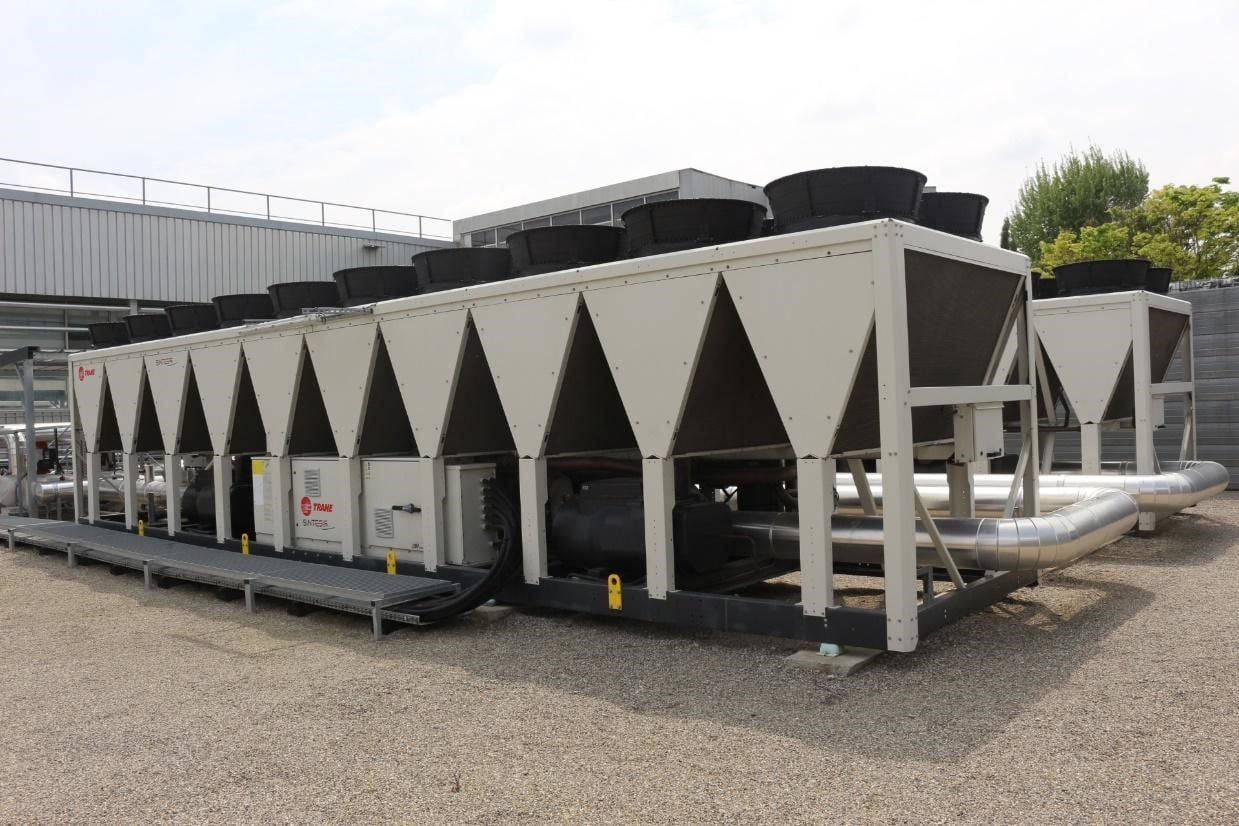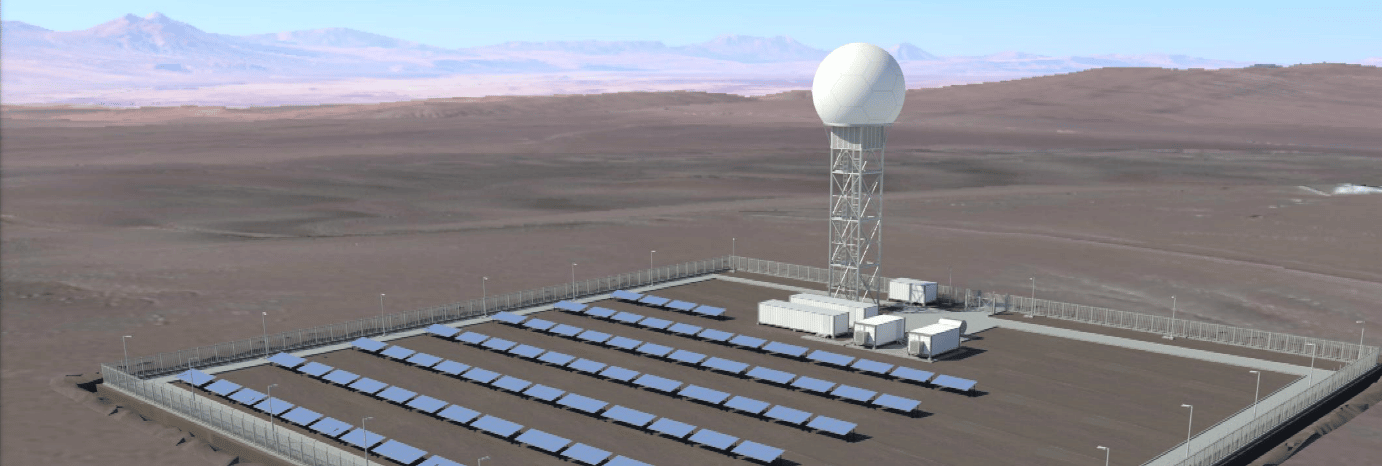Thales and Veolia have joined forces to create the first eco-designed SIM card made from recycled plastic (polystyrene) from old refrigerators, thereby helping to reduce the environmental impact of a market of more than four and a half billion SIM cards (global production in 2020, of which Thales is the leader with a 25% market share).
The use of recycled material in an industrial manufacturing process allows Thales to replace the production of nearly 5,000 tons of virgin plastic (ABS) per year, corresponding to a reduction of 16 times less CO2eq emissions per SIM card produced (SRP ref – eco profile of recycled/ virgin PS (Polystyrene)).
The eco-SIM card supports the ambitious sustainable development objectives of Thales and its mobile operator customers.
The project has also enabled Veolia to demonstrate that recycled plastic can meet the same technical specifications as virgin plastic, while still retaining its competitive advantages





